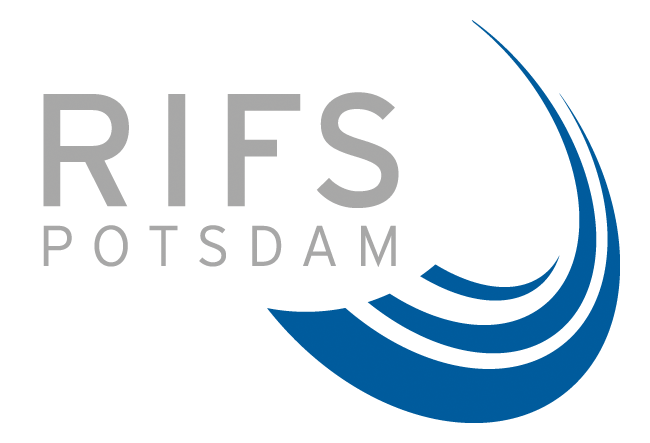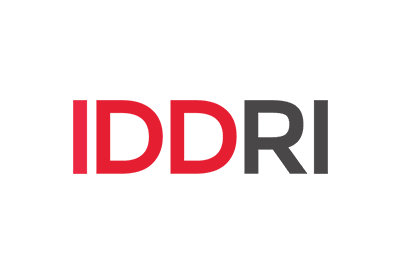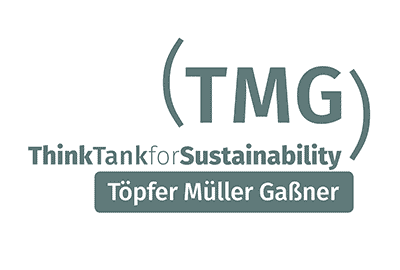The Marine Regions Forum’s engagement with the Western Indian Ocean (WIO) region took a leap forward recently, thanks to an invitation from the Nairobi Convention Secretariat to attend a Marine Spatial Planning (MSP) and Information Management Strategy (IMS) capacity development workshop in Dar es Salaam, Tanzania.
The workshop, which took place from the 28th of November to the 1st of December, brought together over 60 participants from the coastal and island state countries of the WIO. These participants included members of MSP and IMS technical working groups, as well as some of the Nairobi Convention national focal points. Seychelles, Kenya, Tanzania, Mozambique, South Africa, Comoros, and Madagascar were represented at the workshop.

It was an excellent learning opportunity for members of the Marine Regions Forum team to understand the on-the-ground challenges that national experts face when working on information management and marine spatial planning. During the workshop, participants were exposed to innovative MSP and IMS tools that can help states and non-state actors with data collection, analysis and sharing to improve ocean governance at a local, national, and regional level. In fact, Tim Andrews (Senior Programme Manager, Nairobi Convention Secretariat) highlighted that a sustainable blue economy is an outcome of good ocean governance.
The workshop was also an opportunity for the Marine Regions Forum project team from IASS, IDDRI and TMG to meet ocean experts from the region and as well as some of the Nairobi Convention Secretariat’s SAPPHIRE and WIO-SYMPHONY project partners from CLI, ZMT, GIZ and SwAM (Sweden). Barbara Neumann (project lead, IASS, Potsdam) introduced the Marine Regions Forum concept and the upcoming conference that will be held in the WIO region in 2023. The idea of the conference was enthusiastically received by the participants. Through interactive break out groups, the team was able to gain input from ocean experts working in the WIO region on the priorities to improve ocean and coastal management in the region. The team also learned about the wealth of existing initiatives and projects that are dealing with these topics and gained insights into who is not currently part of the ocean governance conversation but should be.

In the second break out group discussion, participants were asked to imagine their ideal, inclusive conference. This exercise provided the team with valuable insights that will now be used for the planning of the conference, e.g., in terms of how to ensure inclusive attendance and accessibility for the 2023 Marine Regions Forum in the WIO conference. This workshop was part of an engagement process that will continue in the lead up to the conference as part of the co-creative approach to the design and hosting of the conference.




